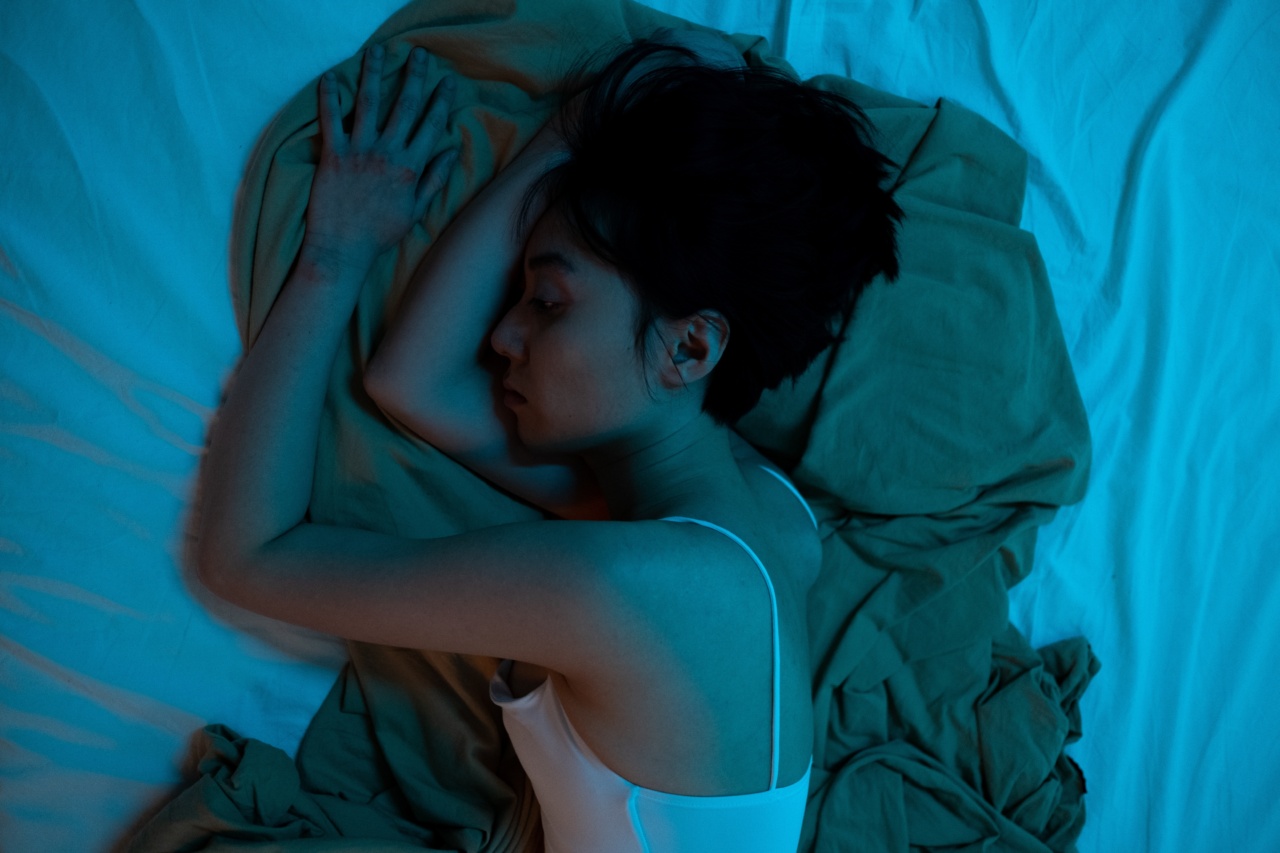Insomnia is a sleep disorder characterized by difficulty in falling asleep or staying asleep. Individuals with insomnia often experience fatigue, irritability, and difficulty concentrating during the day.
Depression is a mental health disorder characterized by persistent sadness, loss of interest in activities, and feelings of hopelessness. Depression can also cause fatigue and difficulty concentrating, and it often co-occurs with insomnia.
How are Insomnia and Depression Related?
Insomnia and depression are interrelated and can cause a vicious cycle. Many individuals with depression experience insomnia, and the lack of sleep can aggravate their depressive symptoms.
Similarly, chronic insomnia can lead to symptoms of depression, even in individuals who have never experienced depression before. Research suggests that difficult-to-treat insomnia may, in fact, be a precursor to depression in some individuals.
What Causes Insomnia?
Insomnia can be caused by various factors:.
- Psychological factors: Stress, anxiety, and depression can cause difficulty in falling or staying asleep.
- Medical conditions: Chronic pain, asthma, and other medical conditions can cause insomnia.
- Lifestyle factors: Caffeine, alcohol, lack of exercise, and poor sleep habits can lead to insomnia.
What Causes Depression?
The causes of depression can be multifactorial and include:.
- Genetic factors: A family history of depression can increase the likelihood of developing depression.
- Chemical imbalances: Depression may be caused by an imbalance of chemicals in the brain, such as serotonin and dopamine.
- Environmental factors: Trauma, stress, and other environmental factors can increase the risk of depression.
The Connection between Insomnia and Depression
Insomnia and depression can be both a cause and an effect of each other. People with insomnia are at a higher risk of developing depression, and those with depression are more likely to experience insomnia.
Studies have shown that approximately 80% of individuals with depression also experience insomnia.
Several theories suggest why insomnia can lead to depression:.
- Neurotransmitter imbalances: Chronic insomnia can alter the levels of neurotransmitters, chemicals that transmit signals between nerve cells in the brain. Changes in these neurotransmitters can lead to depression.
- Hormonal imbalances: Insomnia can cause a disruption in the body’s circadian rhythm, leading to hormonal imbalances that can increase the risk of depression.
- Immune system dysfunction: Lack of sleep can affect the body’s immune system, leading to inflammation. Inflammation is associated with the development of depression.
The Effects of Depression on Insomnia
Depression can also affect sleep quality and lead to insomnia. Some ways depression affects sleep include:.
- Difficulty falling asleep: Depression can cause racing thoughts, anxiety, and worry, making it difficult to fall asleep.
- Waking up too early: Individuals with depression may wake up too early in the morning and find it difficult to fall back to sleep.
- Poor sleep quality: Depression can cause fragmented sleep and shorter sleep duration, leading to poor sleep quality.
Treatment Approaches for Insomnia and Depression
Insomnia and depression are treatable conditions, and individuals experiencing symptoms should consult with their healthcare provider if they believe they may have either condition.
Treatment approaches for insomnia may include:.
- Cognitive-behavioral therapy (CBT): A type of therapy that teaches individuals how to alter negative thoughts and behaviors that contribute to insomnia.
- Sleep hygiene practices: Practicing good sleep habits such as going to bed and waking up at the same time each day, avoiding caffeine and alcohol, and creating a quiet, dark, and cool sleep environment.
- Medications: Over-the-counter or prescription sleep medications may be used to help individuals with insomnia get better sleep.
Treatment approaches for depression may include:.
- Antidepressant medications: A healthcare provider may prescribe medication to help alleviate symptoms of depression.
- Cognitive-behavioral therapy (CBT): Therapy can help individuals learn how to manage negative thoughts and behaviors that contribute to depression.
- Vagus nerve stimulation: A therapy that uses a device to send electrical impulses to the brain to help alleviate depression symptoms.
Prevention Strategies
Several strategies can help reduce the risk of developing insomnia and depression:.
- Exercise: Regular exercise can help reduce stress, anxiety, and depression. It can also help improve sleep.
- Stress reduction: Techniques such as meditation, deep breathing, and yoga can help reduce stress levels.
- Sleep hygiene: Maintaining good sleep habits can help prevent insomnia.
- Social support: Having a network of supportive friends and family can help reduce the risk of depression.
Conclusion
Insomnia and depression are interrelated conditions that can lead to a vicious cycle. Individuals with insomnia are at a higher risk of developing depression, and those with depression are more likely to experience insomnia.
Treatment approaches for insomnia and depression include cognitive-behavioral therapy, medications, and sleep hygiene practices. Prevention strategies include regular exercise, stress reduction, maintaining good sleep hygiene, and having a social support network.






























